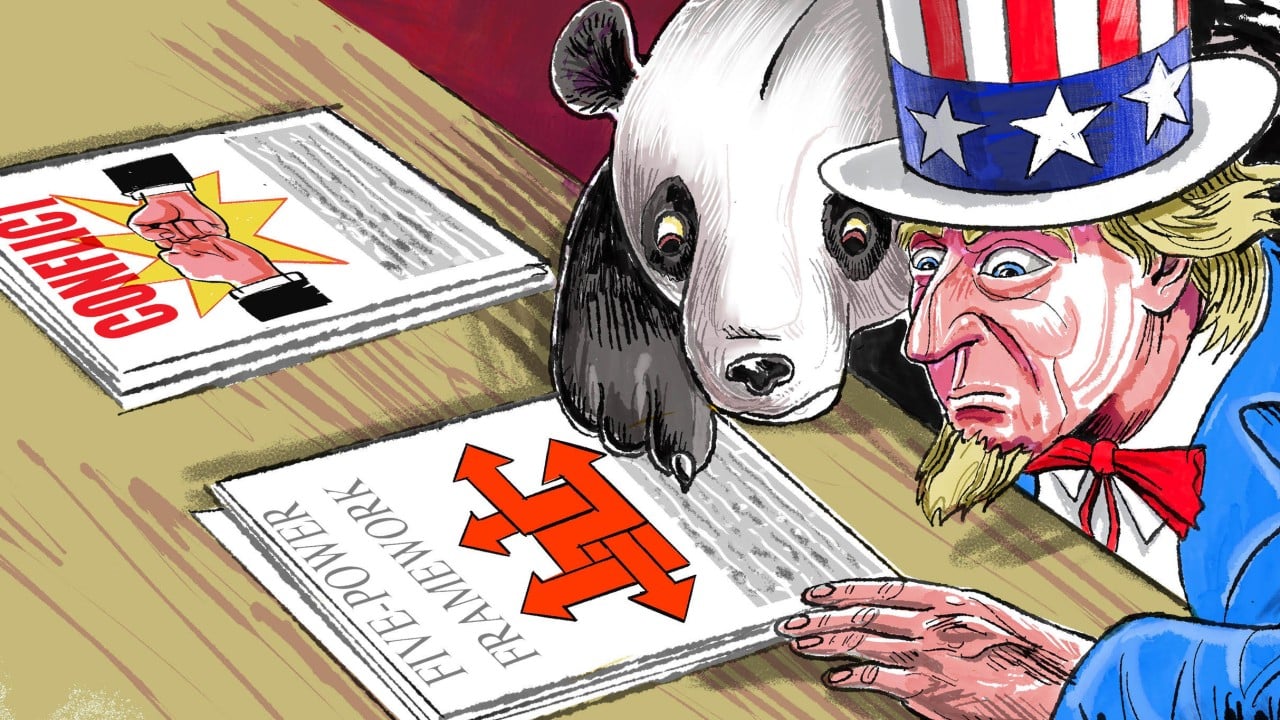When Germany emerged as Europe’s industrial powerhouse in the 19th century, the established powers spent years attempting to contain it, culminating in a war no serious statesman desired, yet none proved skilful enough to prevent. Today, as we navigate the transition from American unipolarity, a similar question looms: will this shift follow that tragic pattern, or can it be managed through institutional adaptation as Zhou Enlai and Richard Nixon did in the early 1970s?
Advertisement
The multipolar order is not approaching; it’s already here. Economic fundamentals have decided this outcome. The only question is whether it will be managed through patient statecraft or approached through confrontation that risks catastrophic miscalculation.
Two factors fundamentally distinguish today’s great power competition from past hegemonic transitions. First, the proliferation of nuclear weapons has created a dynamic of mutual assured destruction that renders total war irrational.
Putin’s nuclear brinkmanship amid the Ukraine war shows not strength but desperation, simultaneously reminding all parties why direct great power confrontation has become strategically suicidal. This doesn’t eliminate conflict, but it fundamentally changes the character of great power competition via proxy wars and economic confrontation.
Second, technological interdependence creates unprecedented costs for systemic rupture. Semiconductor supply chains span multiple continents; artificial intelligence requires global talent pools. China holds around US$730 billion in US Treasury securities. The United States relies on Dutch equipment, Taiwanese fabrication and rare earth elements processed largely in mainland China to build advanced microchips.
Advertisement
China’s technology objectives, meanwhile, depend on American design software, Japanese precision machinery and Western market access. These embedded relationships would be catastrophically disrupted by war between both powers, creating powerful domestic constituencies in all major economies that have a strong interest in avoiding systemic breakdown.

